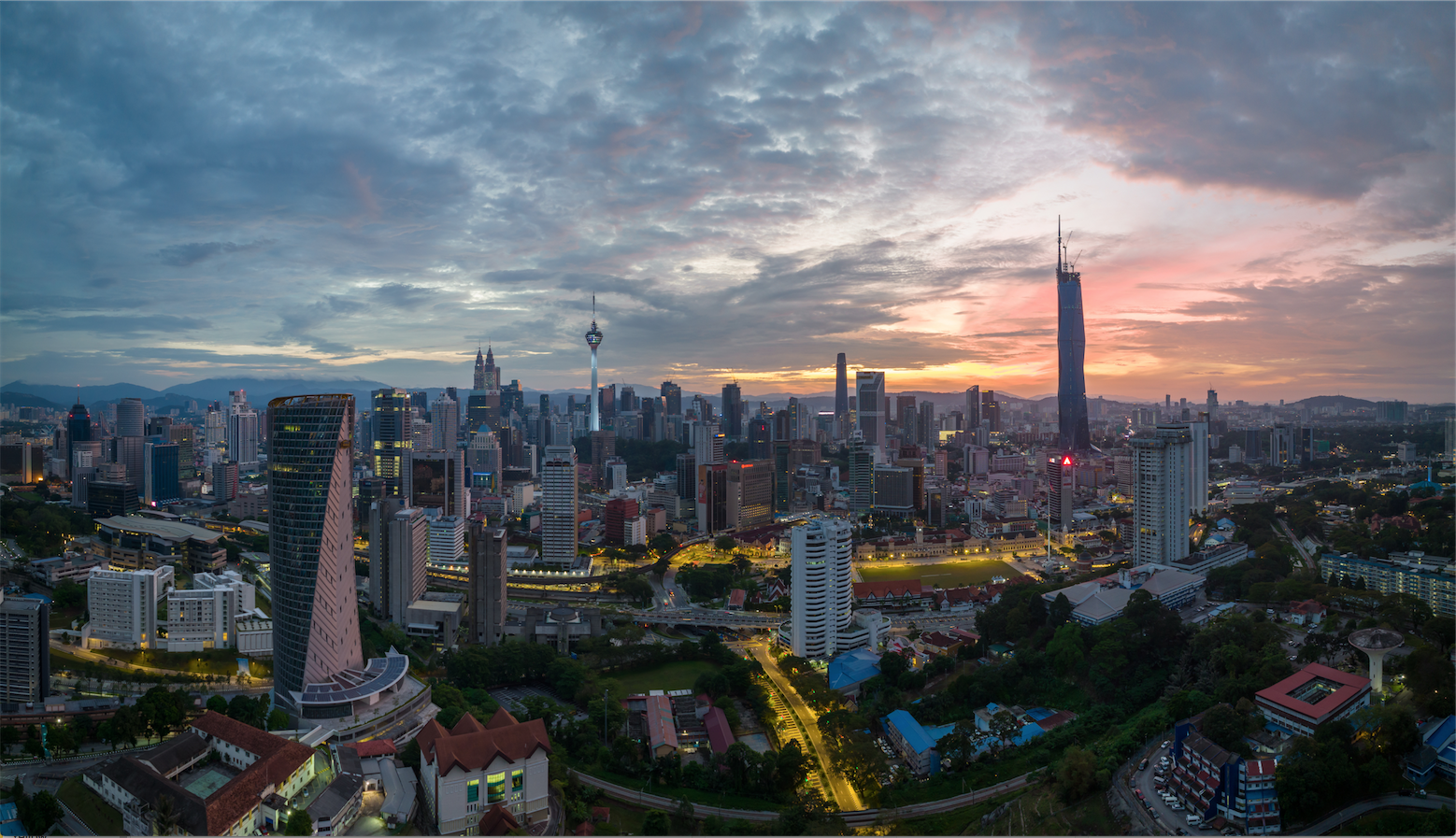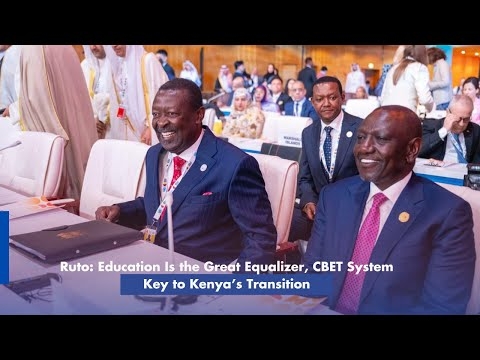
This year Malaysia and Kenya celebrate 60 years of diplomatic relations—a partnership rooted in mutual respect, shared aspirations, and enduring goodwill. Since formal ties were established in 1965, the relationship has evolved from cordial exchanges to dynamic cooperation across trade, education, agriculture, and technology and several other areas.
This anniversary coincides with Malaysia’s Chairmanship of ASEAN, reinforcing its leadership in promoting regional peace and prosperity. Malaysia’s engagement with Kenya exemplifies South–South cooperation, driven by a collective vision for sustainable growth.
Malaysia’s
multicultural society made up of Malays, Chinese, Indians and numerous indigenous
ethnics embodies the principle of unity in diversity. With a population of
36 million, its inclusive policies are guided by the ‘Malaysia Madani’
philosophy, emphasising sustainability, respect, compassion and trust. This
harmony enhances Malaysia’s global appeal and soft power.
Economically, Malaysia has transformed from a commodity-based economy to a high-income, export-driven powerhouse. It is renowned for palm oil and palm-based products used in food, cosmetics and biofuels. Malaysia is also known as exporter of a wide range of goods, such as electronic and electrical products, natural gas, petroleum products, chemicals, rubber, machinery and pharmaceuticals. Its palm oil sector is backed by advanced research and sustainable practices, while its electronics industry plays a key role in the global semiconductor supply chain.
Malaysia’s recent hosting of the 47th ASEAN Summit highlighted its commitment to regional integration and peace, including mediating a border dispute between Cambodia and Thailand. The substantial influence of Malaysia in ASEAN and the expanding role of Kenya in the East African Community can greatly enhance inter-regional cooperation between Southeast Asia and East Africa.
Education is central to Malaysia’s development strategy. The country has built a robust higher education system with globally ranked universities offering diverse programmes. Malaysia attracts African students with its affordable tuition, safe environment, English-medium instruction and internationally recognised qualifications.
Malaysia's cultural richness is
also evident in its tourism, famously captured by the slogan 'Malaysia Truly
Asia,' which highlights its harmonious blend of cultures and landscapes. Centuries
of multicultural heritage are showcased in Unesco World Heritage sites like
George Town on the island of Penang and the historical town of Melaka. Nature
enthusiasts can explore the island of Langkawi’s beaches and Borneo’s
rainforests, home to rare wildlife such as orangutans and proboscis monkeys. The
culinary diversity further enriches the experience, featuring iconic dishes
such as the Malay rice dish nasi
lemak, satay, roti canai and the distinctively
prepared tea, 'teh tarik'.
Next year, Malaysia will host Visit Malaysia Year, aiming to attract millions of tourists, including from Africa. Kenya’s growing middle class and improved flight connectivity make it a promising source market, while Malaysians continue to enjoy Kenya’s renowned safaris—strengthening mutual tourism and cultural exchange.
Trade between the two nations is robust. Malaysia exports palm oil, petroleum products, electrical and machinery goods, and other manufactured items to Kenya, while importing Kenyan tea, coffee, flowers, and agricultural produce.
The 60th anniversary is more than a celebration—it is a reaffirmation of a mature partnership contributing to both countries’ development goals. As Malaysia and Kenya mark this milestone, it serves as a call to deepen cooperation in agriculture, education, trade and investment, and to strengthen people-to-people ties that make them not just partners, but true friends.
The writer is the high commissioner of Malaysia to Kenya



















